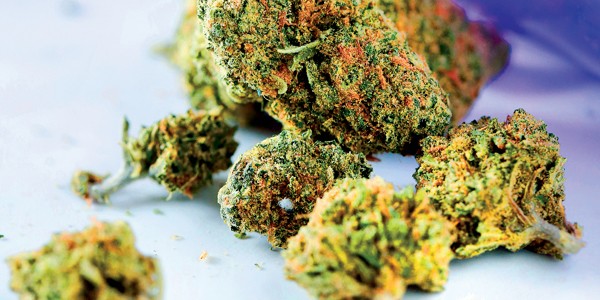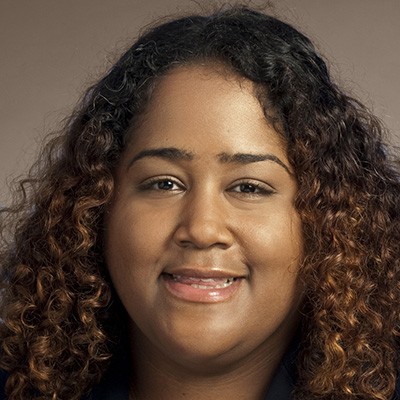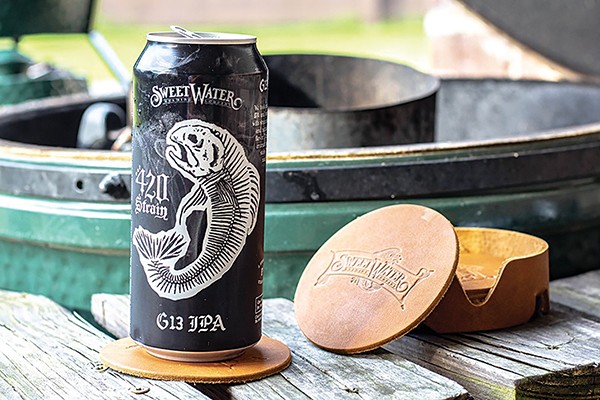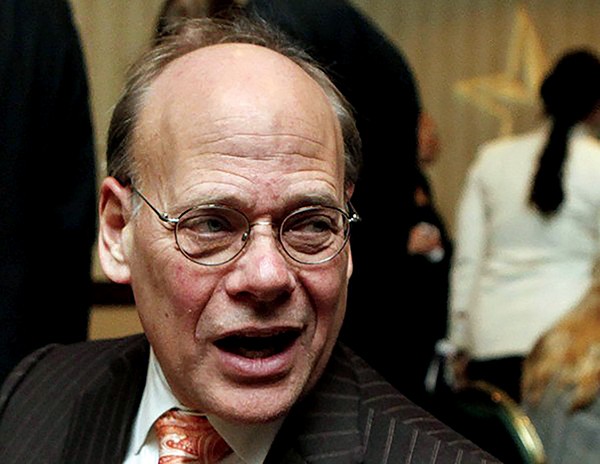
Cohen and the MORE Act
Cannabis would be decriminalized nationwide and cannabis charges would be re-sentenced if a new federal law is passed.
Rep. Steve Cohen [D-Memphis] introduced the Marijuana Opportunity and Reinvestment and Expungement (MORE) Act Wednesday. He is joined on the bill by Rep. Jerrold Nadler [R-NY] and Sen. Kamala Harris [D-California].
The bill removes cannabis from the Controlled Substances Act, in which it is now labeled a Schedule I drug. This move would apply retroactively to prior and pending convictions. It requires federal courts to expunge prior cannabis convictions and allows prior offenders to request expungement. It also requires courts to conduct re-sentencing hearings for those still under supervision.
The bill would also open up federal public benefits (like housing) to those with past cannabis convictions.

“Currently, our laws treat marijuana as more dangerous than cocaine, methamphetamine, or fentanyl,” Cohen said. “This harsh policy has torn apart families and neighborhoods, and disproportionately impacted communities of color.
“The MORE Act will fix this and give us a sensible and workable cannabis policy. Importantly, the bill helps invests in the communities and people who have be most harmed by the War on Drugs.”
The MORE Act would also create a more-open environment for cannabis businesses. It would open up Small Business Administration funding for cannabis companies and service providers. The act would create a 5-percent federal tax on cannabis products.
[pullquote-2] Those funds would create the Opportunity Trust Fund. The fund would help provide services to those “most adversely impacted by the War on Drugs.” Services include job training, re-entry services, legal aid, literacy programs, youth recreation, mentoring, and substance use treatment. The fund would remove barriers to the same group of people for business loans licenses in the cannabis industry.
“Times have changed — marijuana should not be a crime,” said Sen. Harris. “We need to start regulating marijuana, and expunge marijuana convictions from the records of millions of Americans so they can get on with their lives.
“As marijuana becomes legal across the country, we must make sure everyone — especially communities of color that have been disproportionately impacted by the War on Drugs — has a real opportunity to participate in this growing industry.”
Banking on Cannabis 
A Senate panel heard testimony Tuesday on the challenges cannabis companies face without access to banks.
Running cash-only businesses is a security risk for owners and potential owners have trouble raising capital. Also, any proceeds from cannabis-related activities remain subject to U.S. anti-money-laundering laws.
The hearing was called “Challenges for Cannabis and Banking: Outside Perspectives.” In it, bankers and cannabis companies said federal laws now hamstring what could be a massive market opportunity.
Watch the full hearing here.
Rachel Pross, Chief Risk Officer of Maps Credit Union, said her bank has tried to overcome some of those challenges for cannabis companies in Oregon. It is the only bank in Oregon that has served the industry since 2014, when cannabis was first legalized in the state. It is now one of the largest cannabis banks in the country.
Pross said a Wharton School of Business report found that, in the absence of having a bank, one in every two cannabis dispensaries were robbed or burglarized — with the average thief walking away with anywhere from $20,000 to $50,000 in a single theft.
[pullquote-1] “In 2017 and 2018 alone, Maps received well over $529 million in cash deposits from cannabis businesses,” Pross said. “So far this year, we’ve received another $169 million in cash deposits — meaning that we are on track to remove over $860 million in cash from the sidewalks of Oregon’s communities in just three years.
“That’s millions of dollars that used to be carried around in backpacks and shoeboxes by legitimate, legal business owners in the state of Oregon, making them prime targets for thieves and other criminals.”
Sen. Mike Crapo [R-Idaho] was the only Republican member of the committee to attend the hearing. The banking situation for cannabis companies now reminded Crapo of 2013’s Operation Choke Point. That federal operation targeted firearm dealers, payday lenders, and other companies believed to be at higher risk for fraud and money laundering.
“I have said this many times and I will say it again, Operation Choke Point was deeply concerning because law-abiding businesses were targeted strictly for operating in an industry that some in the government disfavored,” Crapo said. “Under fear of retribution, many banks have stopped providing financial services to members of these lawful industries for no reason other than political pressure, which takes the guise of regulatory and enforcement scrutiny.”


 Tennessee General Assembly
Tennessee General Assembly  Body and Mind
Body and Mind 


 Ounce of Hope/Facebook
Ounce of Hope/Facebook  Arkansas Marijuana Industry Association
Arkansas Marijuana Industry Association  SweetWater/Facebook
SweetWater/Facebook 


 NORML/Facebook
NORML/Facebook